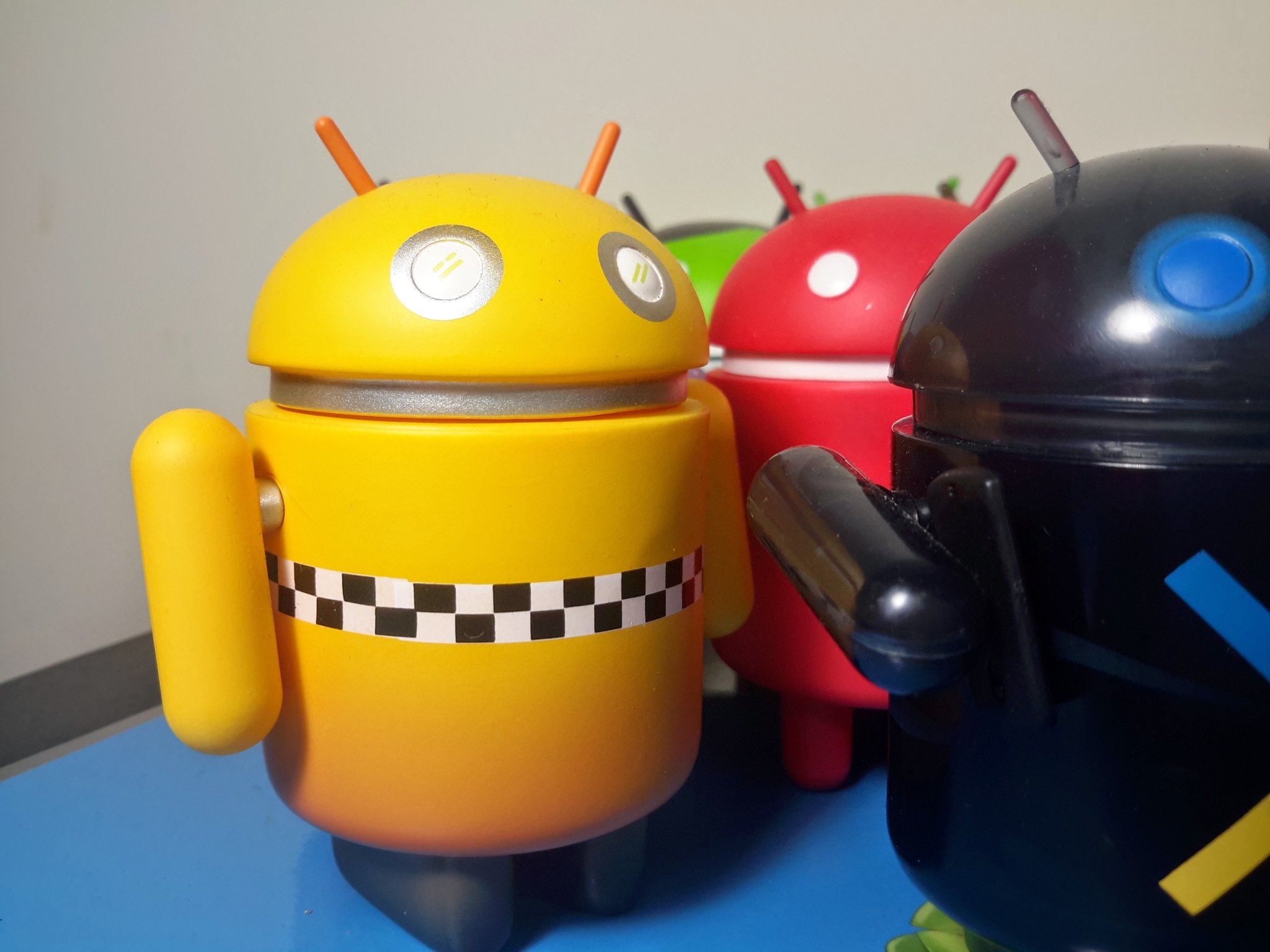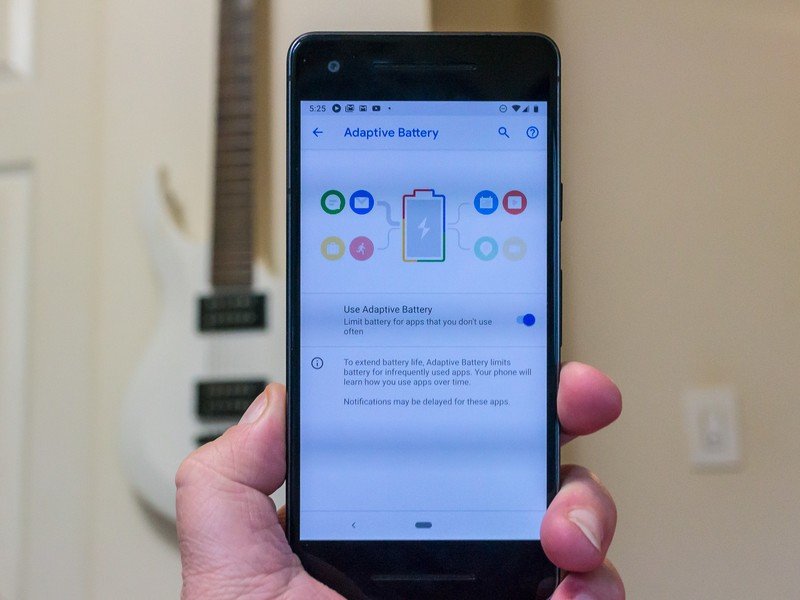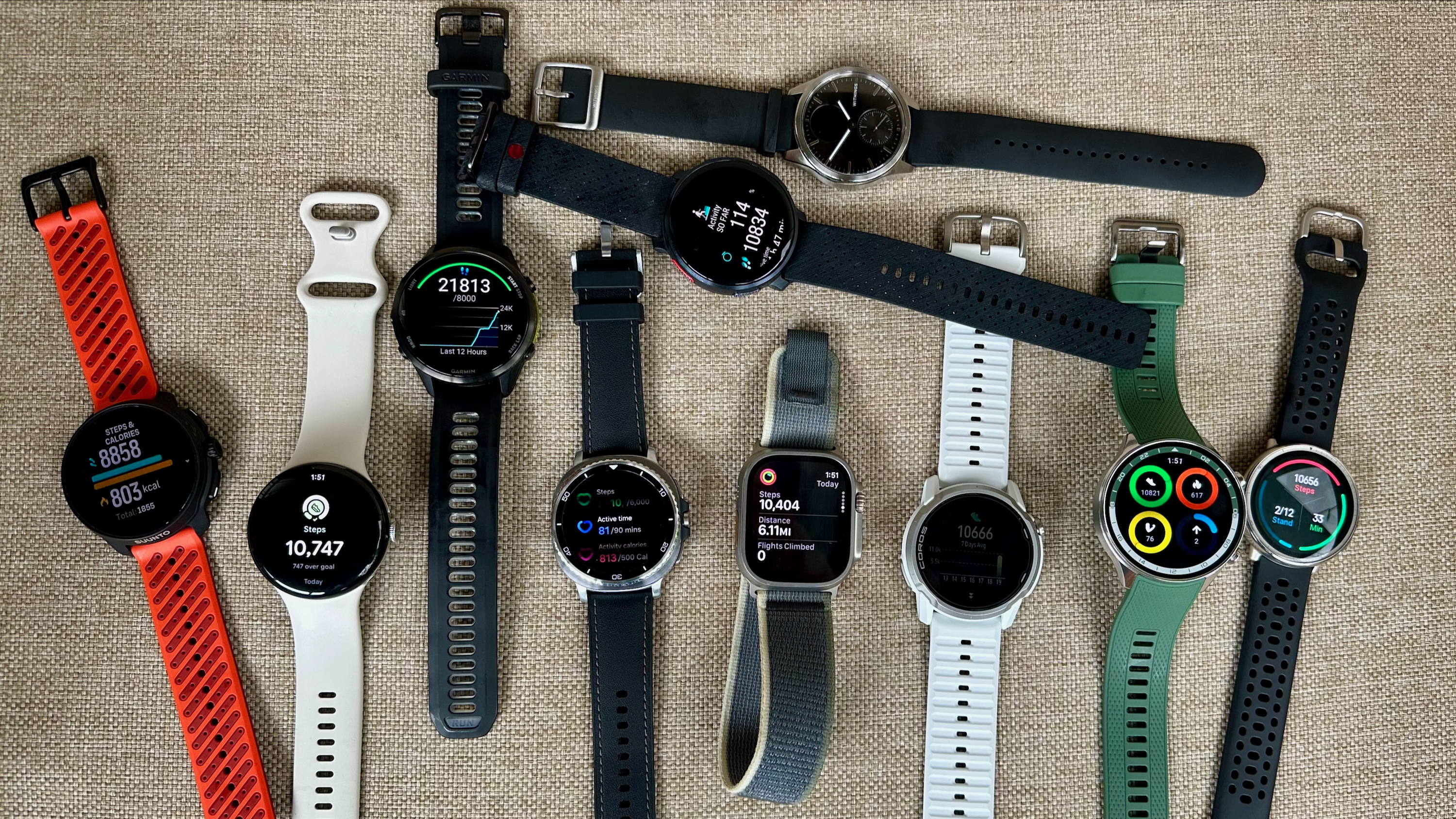Android Pie actually fixes a smartphone's biggest problem: battery life

I carry around a BlackBerry KEY2 as my "daily driver" but my other phone — the one I use for work and do random things to and install random stuff — is a Pixel 2. The small Pixel. The best Pixel. Well, best in everything but battery life.
The smaller Pixel 2 has a 2,700 mAh battery compared to the bigger 3,520 mAh battery in the XL version. You can talk about pushing fewer pixels and how it uses less battery until you're blue in the face but the Pixel 2 has a small battery and doesn't last nearly as long as its bigger sibling or many other phones. In fact, it has struggled to make it through the day on occasion — and I'm not one of those people who can never put their phone down. But all that was in the pre-Pie days.
Android Pie wasn't the most flashy of updates, but it did one thing right. A very important thing.
Android Pie did some cool things with notifications and added in some half-baked gestures, but ultimately it looks a lot like Oreo. Which looked a lot like Nougat. There are folks who hate it all and wanted to see it burned to the ground and rebuilt into something different, but Pie wasn't the update for them. But it is the update for everyone else. And that's because it addresses the single most important thing about every smartphone in the world: battery life.
We always want the battery to last longer. You can buy specific phones with ginormous batteries or secret sauce that makes a battery last longer than it should — my KEY2 comes to mind there because BlackBerry isn't ever going to tell us why it gets double the battery life of most other phones its size. Maybe it's a Canadian military secret. Anyhoo, I was saying you can look for a phone that has a big honking battery if you want to, but most phones don't fit that mold and have smaller batteries and dedicated forums filled with people and ideas to make them last longer.

Pie changes all of that. Google is using its powerful and scary Artificial Intelligence to make the battery last longer. Google calls it Adaptive Battery, but I call it "hot damn, this is so much better". If I'm in a place with a strong signal and mind what I'm doing I can get almost three days from my Pixel 2 battery and that's with the screen on about 7 hours worth during that time. And you can cruise on over to Reddit and see folks that are getting even better numbers since the Pie update. That's downright amazing.
Android Pie's Adaptive Battery doubles the battery life on my Pixel 2. It's about damn time.
I admit I was skeptical when I first heard Google talking about machine learning that can predict your usage and get insane battery life, and there is a problem somewhere that makes your battery life suck if you don't have a great signal. Clearly, the tech isn't perfect. But it's better than I expected and that's always a plus. Android updates are always a mixed bag of good and bad and that one thing that really sucks, but I don't even care about any of it with Android Pie. Google got Adaptive Battery right, or at least almost right, on the first try.
More: Android Pie issue tracker: The biggest bugs and problems
Get the latest news from Android Central, your trusted companion in the world of Android
I know that plenty of other people are seeing their phones crash and burn when it comes to the Pie update on their Pixel phones. It's one of the biggest complaints with every update and Pie was no exception. I have no idea why it is so good for some and so bad for others (I expect it's either app related or signal related) but I hope someone at Google can figure it out and whatever is done to fix it doesn't F up my battery life. And here's hoping Android Q can fix the next worst thing in the world and my phone can finally mow my lawn.
Happy holidays, y'all. Stay out of trouble!

Jerry is an amateur woodworker and struggling shade tree mechanic. There's nothing he can't take apart, but many things he can't reassemble. You'll find him writing and speaking his loud opinion on Android Central and occasionally on Threads.
